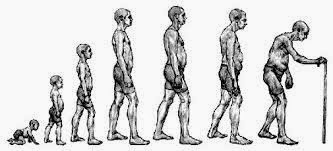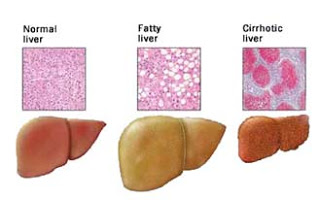What is the impact of obesity on our lifespan? The answer may be more complicated than you might think.
An interesting study published in Lancet Diabetes & Endocrinology looked at data from nearly 4.000 people, where they built a statistical model to estimate the effect on lifespan of having a body mass index (BMI) in the overweight category (25-29.9), obesity (BMI 30-34.9), ‘very obese’ (BMI 35 or higher), compared to an ideal BMI of 18.5-25.
They found that the effect of excess body weight on years of life lost was highest in younger individuals. For example, very obese men aged 20-39 lost 8.4 years of life, whereas very obese men aged 60-79 years lost only 0.9 years. Similarly, very obese women aged 20-39 years lost 6.1 years of life, whereas very obese women aged 60-79 lost 0.9 years of life.
The fact that excess body weight has less negative impact on lifespan as we get older may reflect that a little extra body weight may be protective as we age, as we then have more energy supply to sustain us if we become ill with a condition that causes us to lose weight (which could be anything from a bad flu to cancer). It may also be reflective of the obesity paradox – people with certain medical conditions (such as heart disease or kidney failure) with obesity have been found to have better survival than people with these conditions who are lean. This may be because of the benefit of having extra energy stores on board, or could be because thin people with serious medical problems may simply be sicker.
So, while optimum weight management appears to be most important in our younger years, it is still important throughout our lives, with a slight shift in focus over time.












